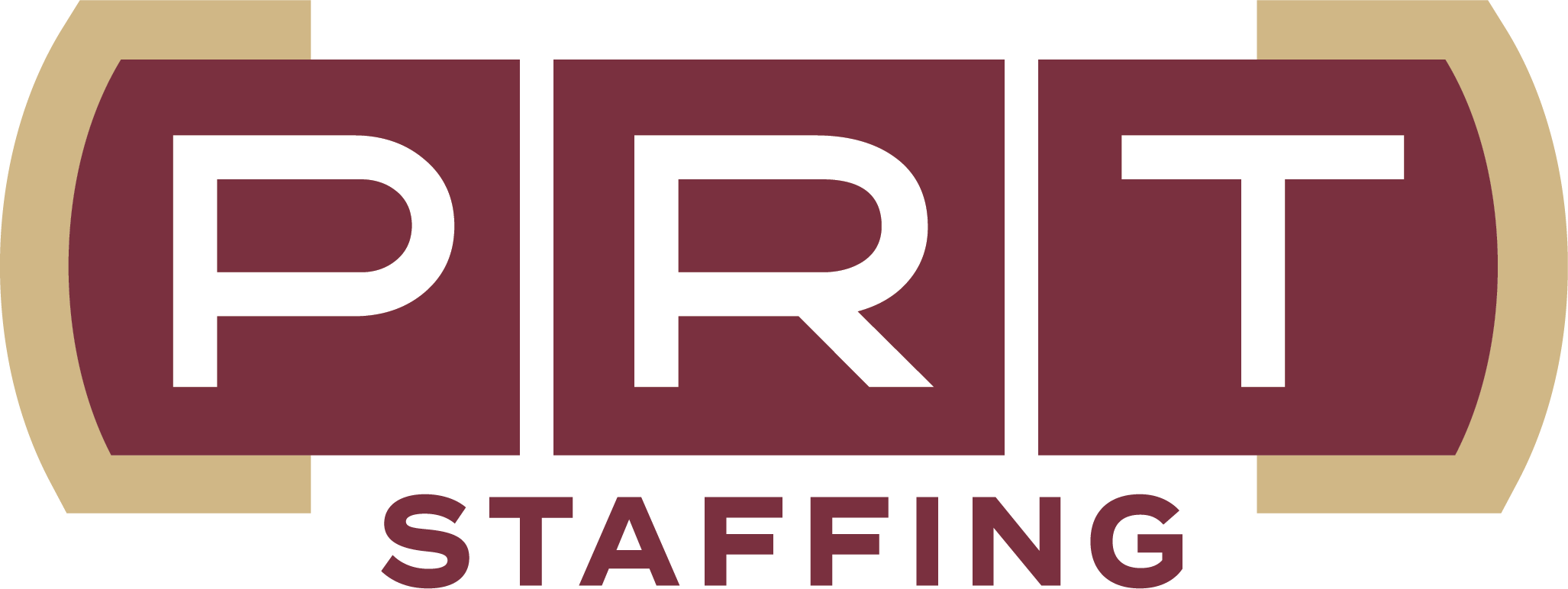The Impact of AI and Automation on the Job Market
Artificial intelligence (AI) and automation are reshaping the future of work at an unprecedented pace, fundamentally transforming how we work, hire, and organize our professional lives.
This technological revolution is not just changing individual jobs — it's altering the entire employment landscape. Understanding these changes is crucial for both employers and job seekers as we navigate the evolving future of work.
“Artificial intelligence is advancing at breakneck speed,” writes Forbes senior contributor Jack Kelly. “The big question is how long it will take until technology dominates the job market. You should start thinking about your own career.
Kelly says that reports from PwC, McKinsey, and the World Economic Forum show that AI will transform the global workforce by 2050, with estimates that up to “60 percent of current jobs will require significant adaptation due to AI.”
Of course, you don’t have to wait for 2050 or even 2030 for this sea change, as AI and automation are already making waves in the workplace today.
The Current State of AI in the Workplace
Artificial intelligence has moved beyond science fiction to become an integral part of daily business operations. From chatbots handling customer service inquiries to sophisticated algorithms analyzing market trends, AI is already embedded in countless workplace processes.
The acceleration of this trend has been remarkable, with businesses across industries adopting AI solutions to improve efficiency, reduce costs, and enhance decision-making capabilities.
“AI has the potential to significantly boost productivity and efficiency in the workplace,” says the International Economic Development Council (IEDC) . “By automating routine and repetitive tasks, AI frees up human workers to focus on more complex, creative, and value-added activities.”
The integration of AI in hiring processes has become particularly prevalent. Companies are leveraging AI-powered tools to screen resumes, conduct initial candidate assessments, and even predict job performance. This shift represents a significant evolution in how organizations identify and attract talent, making the recruitment process more data-driven and potentially more objective.
Jobs at Risk: Understanding the Automation Impact
While AI and automation bring numerous benefits, they also pose challenges for certain types of employment. Jobs most vulnerable to automation typically involve:
- Repetitive manual tasks: Manufacturing assembly lines, data entry, and basic bookkeeping functions are increasingly handled by automated systems.
- Routine cognitive work: Simple analysis, basic customer service interactions, and standard report generation can often be performed more efficiently by AI.
- Predictable physical work: Warehouse operations, inventory management, and routine maintenance tasks are becoming more automated.
- Basic administrative functions: Scheduling, simple calculations, and routine correspondence are areas where AI excels.
However, it's important to note that automation doesn't necessarily mean job elimination. Many roles are being transformed rather than eliminated, with human workers focusing on higher-value activities while AI handles routine tasks.
Emerging Opportunities in the AI Era
The rise in staffing and automation is simultaneously creating new career opportunities across various sectors.
“Rather than simply displacing jobs, AI is creating new opportunities and transforming existing roles,” says the IEDC.
These emerging roles often require a combination of technical skills and human capabilities that AI cannot replicate:
- AI specialists and machine learning engineers: Professionals who design, implement, and maintain AI systems are in high demand.
- Data analysts and scientists: The explosion of data requires skilled professionals to interpret and derive insights from complex datasets.
- Human-AI collaboration roles: Positions that involve working alongside AI systems to optimize outcomes and ensure quality control.
- AI ethics and compliance officers: As AI becomes more prevalent, organizations need professionals to ensure responsible and ethical AI implementation.
- Automation technicians: Skilled workers who maintain, troubleshoot, and optimize automated systems.
The future of work increasingly favors roles that emphasize creativity, emotional intelligence, complex problem-solving, and interpersonal skills — areas where humans maintain significant advantages over AI.
Transforming Talent Acquisition
The staffing industry itself is being revolutionized by AI technology. Modern AI in hiring processes offers unprecedented capabilities for matching candidates with suitable positions.
These advanced systems can analyze vast amounts of candidate data, identify patterns in successful hires, and predict job fit with remarkable accuracy.
Benefits of AI-powered staffing solutions include:
- Enhanced candidate screening: AI can quickly process thousands of applications, identifying the most qualified candidates based on specific criteria.
- Reduced bias in hiring: When properly designed, AI systems can help minimize unconscious bias by focusing on objective qualifications and performance indicators.
- Improved candidate experience: Automated scheduling, instant feedback, and personalized communication streamline the application process.
- Predictive analytics: AI can forecast hiring needs, identify retention risks, and suggest optimal compensation packages.
However, successful implementation requires careful consideration of algorithmic fairness and the continued importance of human judgment in final hiring decisions.
Skills for Tomorrow's Workforce
As the job market evolves, professionals must adapt their skill sets to remain competitive. The most valuable capabilities in an AI-driven workplace combine technical proficiency with uniquely human abilities:
Technical Skills:
- Digital literacy and familiarity with AI tools.
- Data analysis and interpretation.
- Understanding of automation processes.
- Cybersecurity awareness.
Human Skills:
- Critical thinking and complex problem-solving.
- Emotional intelligence and empathy.
- Creative thinking and innovation.
- Leadership and team collaboration.
- Adaptability and continuous learning.
Organizations and individuals who invest in developing these hybrid skill sets will be best positioned to thrive in the changing employment landscape.
Preparing for the Future of Work
Navigating the AI revolution requires proactive planning. For employers, that means reskilling teams, identifying roles that still demand human expertise, and integrating AI in ways that enhance—not replace—human contribution.
For job seekers, success lies in embracing lifelong learning and developing skills that complement, rather than compete with, AI systems.
As automation and staffing technology continue to evolve, those who remain agile and informed will be best equipped to seize new opportunities.
Embracing Change and Opportunity
AI and automation represent both disruption and promise. While certain tasks may become obsolete, entirely new roles are emerging — ones that combine technological literacy with human insight.
The future of work won’t be humans vs. machines, but humans working with machines to drive unprecedented levels of innovation.
Success in this new era requires adaptability, continuous learning, and a strategic approach to upskilling. Organizations that embrace these shifts while prioritizing their people will lead the way.
Ready to navigate the future of work with confidence?
At PRT Staffing, we understand the evolving job market and the critical role that AI in hiring plays in connecting exceptional talent with forward-thinking organizations. Our expertise in staffing and automation ensures that both employers and job seekers are prepared for tomorrow's opportunities.
Whether you're looking to hire skilled professionals who can thrive alongside AI technology or seeking career opportunities in this dynamic landscape, PRT Staffing is your trusted partner.
Contact us today to discover how we can help you succeed in the future of work.





